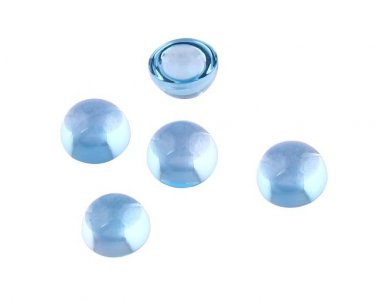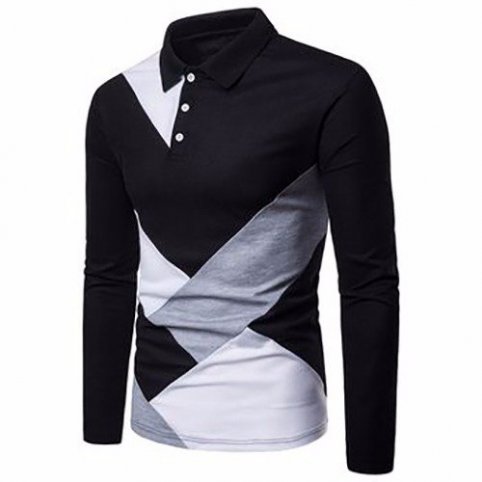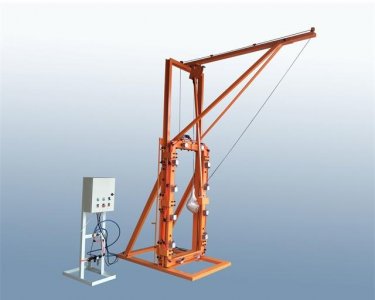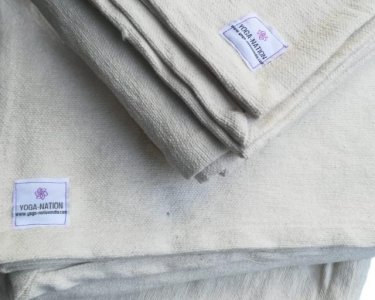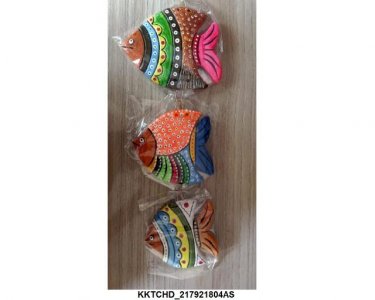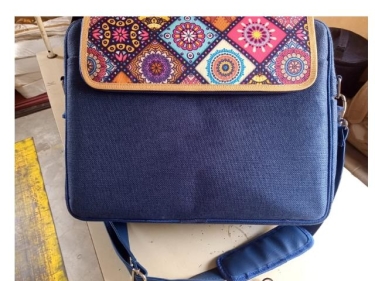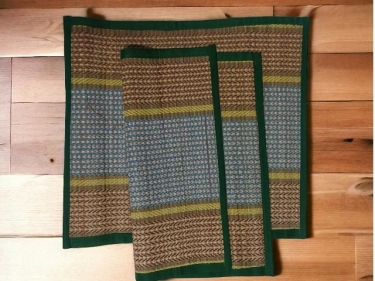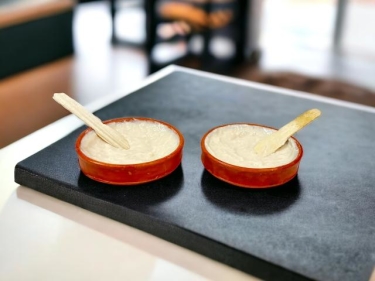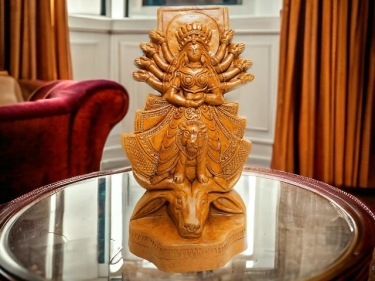Search Results for "belize" in "Belize" on Export Portal
Active Filters
-
Keywords:
-
Country:
- Clear all
New Search
Couldn't find the product you want?
Fill out this form to request the product.
Exports
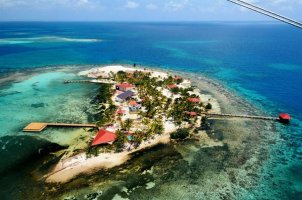
Belize, located on the eastern coast of Central America, sets itself apart from its neighboring countries in several ways. Not least of these factors is that the population living in Belize are English speakers. It makes living or doing business in Belize easy.
Regarding Belize's economy, it is primarily agro-based and is heavily dependent on the U.S. and Great Britain for trade. For instance, these two nations alone buy 80 percent of Belize's exports. Sugar, citrus and bananas are the highlight of trade in the country for a long time. Belize's main export markets are the U.S. the UK, and Central America.
Trade with the U.S. has been stimulated by Belize's participation in the Caribbean Basin Initiative. CBI represents a U.S.-sponsored program to increase investment in Caribbean countries. The initiative allows its members duty-free access to American markets.
Interested in exporting from Belize? To explore the world of exporting and huge business opportunities visit Export Portal, one of the biggest online trading portals and business to business markets in the world. Browse the latest products from reliable Belize manufacturers, exporters and suppliers. Export Portal helps you start your international trade-export business today. Connect to quality suppliers and buyers at Export Portal!
Customs requirements of Belize
Belize Customs Contacts
Comptroller of Customs: Mr. Victor Recinos
Website: http://www.customs.gov.bz/
E-mail: cusnet@btl.net
Telephone: +5012277092
Fax: 501-223-7091
Address: Customs House, Port Loyola, P.O. Box 146, Belize City, Belize, C.A
Belize is a country in Central America. Belize is bordered by Mexico, Guatemala, and the Caribbean Sea. Belize is considered a Central American and Caribbean nation with strong ties to both the Latin American and Caribbean regions. It is a member of the Caribbean Community (CARICOM), the Community of Latin American and Caribbean States (CELAC), and the Central American Integration System (SICA), the only country to hold full membership in all three regional organizations. Belize is a Commonwealth realm, with Queen Elizabeth II as its monarch and head of state.
Legislation
Belize’s Customs and Excise Department oversees the importation and exportation of goods in Belize. The Belize Customs and Excise Duty Act, Customs Regulation Act, Exchange Control Regulation Act, and Produce Export Duty Act are the main laws governing imports and exports in Belize.
Belize’s tariff schedule is based on CARICOM’s Common External Tariff (CET) and based on the Harmonized Commodity and Coding System (HS) 2002. The CET is based on bands of 10%, 15%, 20% and 40% and rates between 0 and 5%.
Belize Custom Duties & Taxes
Import duties are applied upon goods as they enter the country and payable upon time of arrival. Import duties are the liability of the importer. The Comptroller of Customs is responsible for the collection of import duties. Some goods have been recently exempted from import duties by the Revenue Appropriations Bill 2010/2011.
Customs brokerages are necessary only when the commercial value of the imported good exceeds Bz$200 or US$100.
A General Sales Tax (GST) of 12.5% is chargeable on both imports and domestically produced goods and services. With respect to domestically produced goods and services, the sales tax is applied at the retail stage and not at the manufacturing stage. In the case of imports, the sales tax is levied at the moment of importation and is assessed on the basis of c.i.f. customs value plus the customs duty.
Some goods are exempted from the payment of General Sales Tax at the time of importation.
The Minister of Finance, through an order, may exempt goods and services from sales tax. A sales tax exemption certificate may be granted by the Commission of Sales tax for local purchases or imports of goods and services deemed “essential” for the production of final goods or the provision of services.
Customs duties vary from 0% to as high as 70%. Some 53% of tariff lines carry a rate of 5%, some 18%, a rate of 20% and 10% carry azero rate. Tariff rates between 50% to 70% apply to a variety of products, including plywood, pearls, diamonds, and other precious and semi-precious stones, articles of jewelry, watches, clocks and firearms.
An Environmental Tax of 2% is levied on all goods imported to Belize. Basic food items such as medicines and medical supplies for human use, and basic food stuffs, including rice, beans, potatoes, coffee, tea, butter and butter substitutes, cheese, margarine, cooking oil, shortening, lard and lard substitutes, powdered and condensed milk, baby formula, sardines, meat of swine (salted or in brine), corned beef, and salt are exempted. Domestic goods are not levied any environmental tax.
Belize also applies a Revenue Replacement Duty (RRD). RRD applies to specific goods (view list). The only exception is ice cream, which is exempted from RRD when it originates in another CARICOM country.
Excise Duties: Belize applies excise duties to domestically produced rum, methylated spirits, tobacco products and aerated waters. An excise duty of $1.00 per barrel of locally extracted crude oil is also applied.
Procedures and Methods affecting Custom Goods
Prior to clearing goods through customs, exporters must obtain a code from the Customs and Excise Department which is issued automatically by the Comptroller of Customs. Exporters are required to present to customs officials the Single Administrative Document (SAD) that can be obtained from printers authorized by the Ministry of Finance. The SAD must be accompanied by a bill of lading or waybill, a commercial invoice, and if required, an import license.
Physical examinations of shipments are conducted upon the request of exporters wishing their containers to be sealed by the Customs and Excise Department. Other shipments may also be inspected by the Customs and Excise Department, based on risk analysis.
Import Permits
Importers should be aware that ALL goods require inspection, even conveyances and receptacles. Important to mention is that even the steel on flat beds requires inspection because these items can harbor pests. Note that inspections are carried to ensure that the product being imported conforms with BAHA import requirements and also to ensure that pest or disease are not brought in along with the products.
Sources:
http://www.belize.org/tiz/import-permits
http://www.customs.gov.bz/customs_duties.html
http://www.customs.gov.bz/traveller.html











